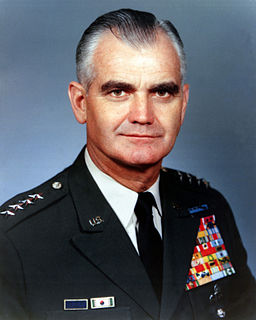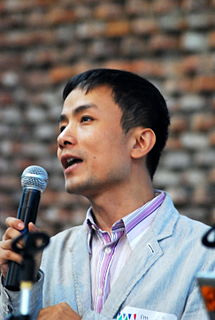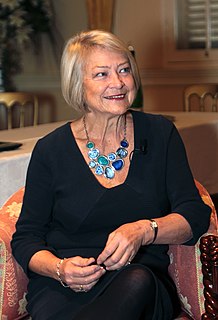A Quote by William Westmoreland
Without censorship, things can get terribly confused in the public mind.
Related Quotes
One of the great things about humor is, you can slip things past people with humor, you can use it as a sweetener. So you can actually tell them things, give them messages, get terribly, terribly serious and terribly, terribly dark, and because there are jokes in there, they'll go along with you, and they'll travel a lot further along with you than they would otherwise.
I saw that publishing all over the world was deeply constrained by self-censorship, economics and political censorship, while the military-industrial complex was growing at a tremendous rate, and the amount of information that it was collecting about all of us vastly exceeded the public imagination.




































